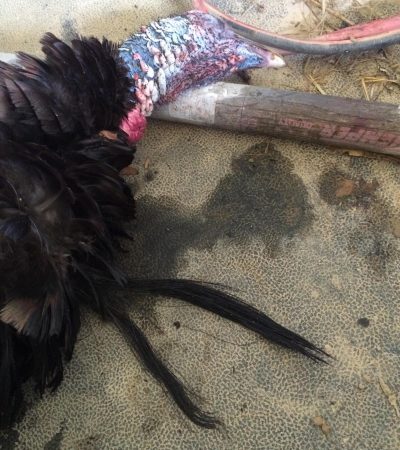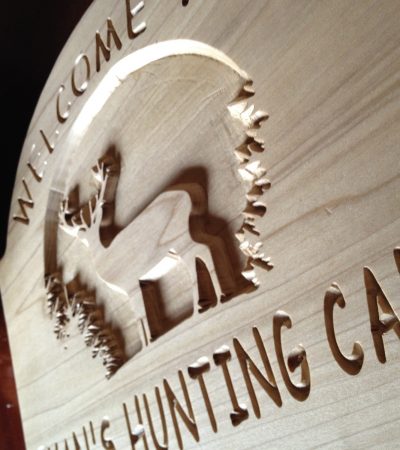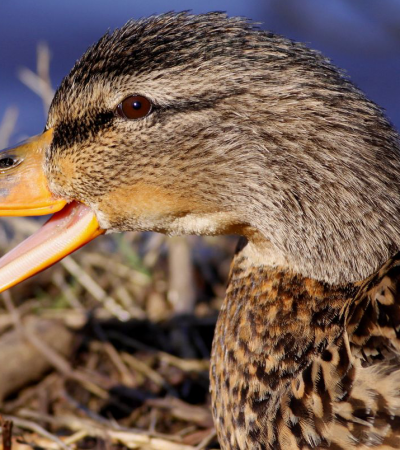Sitting in a duck hole in some flooded cypress last year, I watched as the third flight of mallards and gadwalls of the morning reacted negatively to our spread. The ducks worked my spread cautiously and then landed unharmed a couple of hundred yards away. I began thinking as every hunter does, what are they seeing? That is always the first thing that comes to mind. Are they flaring off of something they are seeing? I walked out and looked back at the group. Everyone was in the shadows, and there was no way they could pick anything out from above. I went through the checklist. I had movement in the decoys. (Check) The wind was right. (Check) A landing spot in the hole correct with the wind. (Check) There is nothing that would flare the ducks off. (dogs or humans being seen, boat covered, decoys look good, calls sound good) (Check). It was just one of those mornings. They just did not want to be where we started our morning off.
We had to make the move to the spot a couple of hundred yards away where they were landing. It was the right call, but a frustrating one. Moving is something no group wants to do, but sometimes you just have to if you want to kill ducks.
Today’s waterfowling tip is a duck hunter needs to have flexibility. You need be unafraid to make changes. The reality is birds react differently every day. The wind, weather, whatever it may be, may change these birds to react negatively to what you set out initially at daybreak.
It’s important that you watch birds reactions as they work your spread. I always say to watch their wings and wing beats and head motion. If their wing beats become rapid as they get close to you and pick back up out of the hole, you have something wrong in the hunting zone. Do they just casually fly away out of gun range? If so, it is not you most of the time. They just don’t want to be in that spot that day even if it is the spot or the X 99.9% of the season. You have to read how they’re reacting to your decoy spread and use your best techniques, accordingly. The bottom line is, if the birds aren’t responding, don’t be afraid to make a change.





